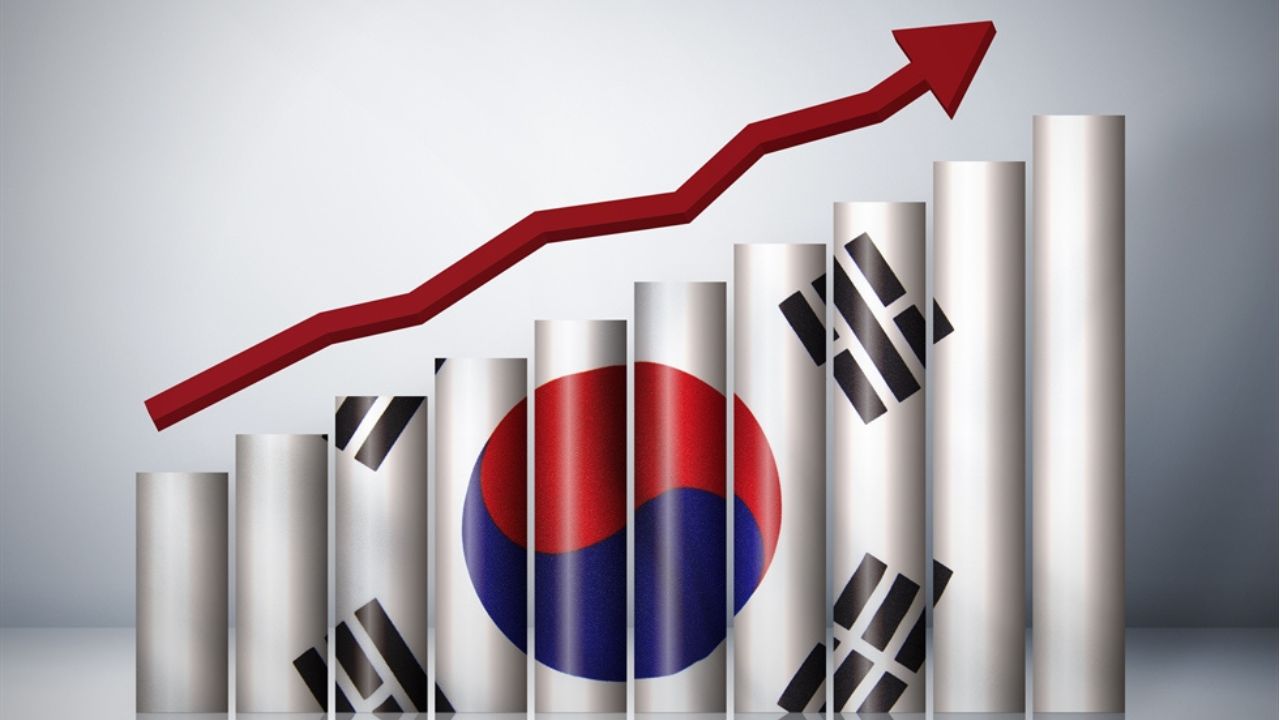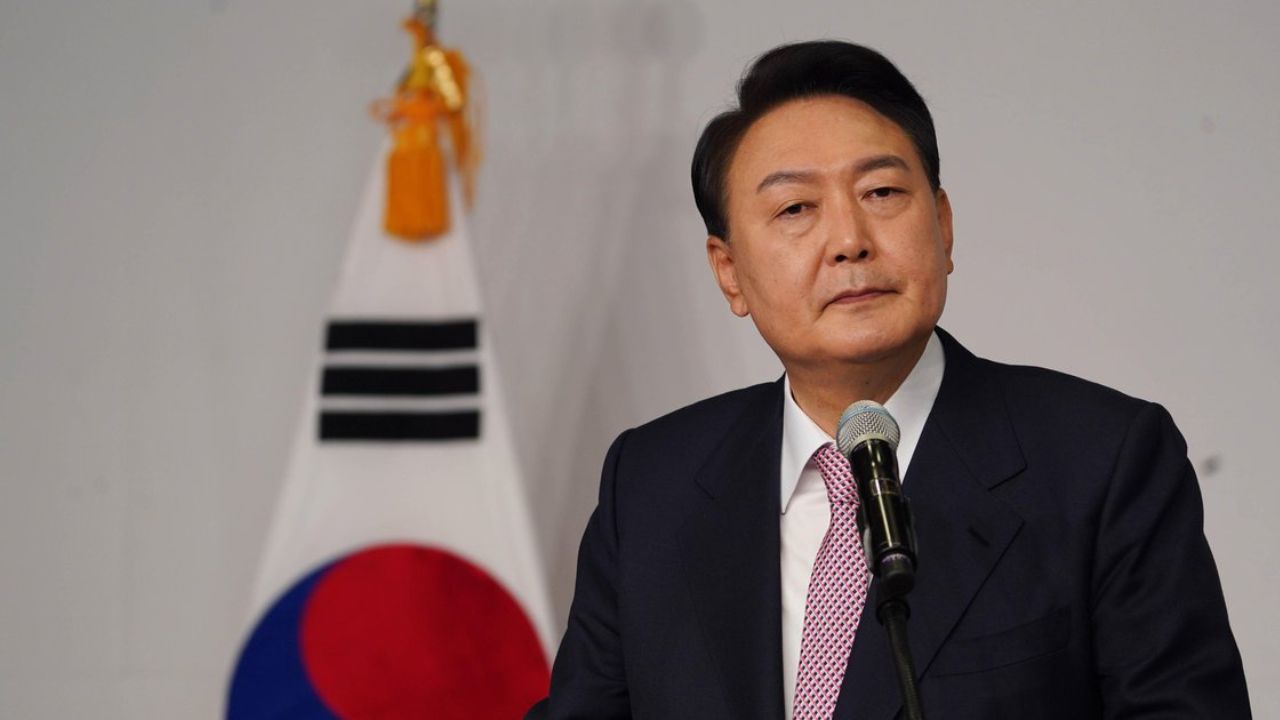South Korea‘s economy, ranked as Asia’s fourth-largest, faces a paradox: despite its advanced status by many metrics, it remains classified as an emerging market, largely due to challenges in managing its currency.
While there are considerations to enhance the won’s global presence through measures like extending trading hours, past foreign exchange crises have instilled caution, hindering significant reforms.
Foreign exchange regulations in South Korea, characterized by restrictions on cross-border transactions and daily reporting requirements, pose hurdles for businesses, slowing down processes and adding costs.
These limitations contribute to the phenomenon known as the “Korea Discount,” reflecting the underperformance of local stocks in the global market.
Regulatory Responses and Market Surveillance
Regulators emphasize the necessity of maintaining vigilant oversight over the foreign exchange market to prevent destabilizing currency fluctuations.

Despite moves to extend trading hours and attract wider foreign participation, authorities underscore the importance of market surveillance, especially during periods of volatility, to ensure stability and ample liquidity.
While South Korea plans to extend trading hours to accommodate London sessions and welcomes increased foreign bank participation, analysts remain cautious about the potential impact on won trade.
Limited access to international banks and the absence of plans for an offshore market suggest that broader accessibility to Korea’s financial market may not materialize significantly.
Reform Initiatives and Future Prospects
President Yoon Suk-yeol’s reform agenda aims to address the Korean discount and attract foreign investment by securing inclusion in prestigious global indexes.

Despite these aspirations, analysts and market participants express scepticism about the transformative impact of reforms on won trade.
The lack of substantial changes in market accessibility, coupled with cautious regulatory approaches, underscores ongoing challenges in enhancing South Korea’s currency management and global market presence.
